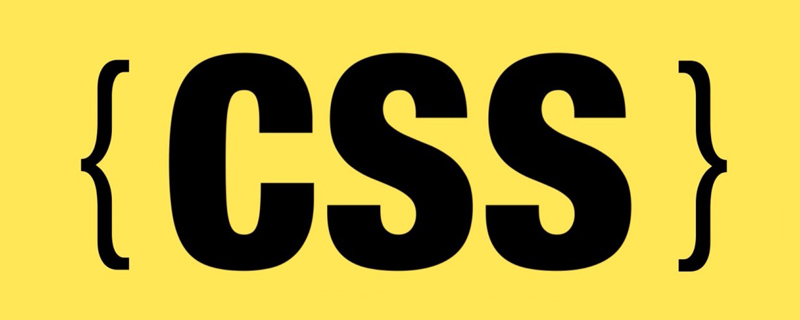When I first came into contact with the web, I was in college. The first web page I wrote was a login page. At that time, it used a table layout, which was quite satisfactory. After coming into contact with CSS, I always use div+css for layout, which achieves the separation of performance and structure and is very flexible. Although I have been exposed to the layout method of CSS for a long time, I don't use it often, so many things have been forgotten. Recently, I have been tinkering with the layout of CSS, so I wanted to record it here as my own study notes.
The css box model is a relatively core concept in css. In a web page, we can think of all web page elements as a box. A box consists of four parts: margins, borders, inner margins, and content, as shown below.

The following explains the functions of these four parts in order from outside to inside.
margin (margin): represents the margin between this element and other elements. It should be noted that if two adjacent elements have a margin value set, the largest value shall prevail. For example, for two adjacent divs, if the upper div is set to margin: 30px and the lower div is set to margin: 50px, then the final distance between the two elements will not be 30+20=50px, but will be 30px.
border (border): represents the border of this web page element. The border can set the size, background (color or picture), style (implementation or dotted line, etc.).
padding (padding): represents the distance between the element content and the border. You can call it the white space of the element.
content (content): represents the content area of the element, such as the size of the text.
Among them, margins, borders, and padding can be applied to the top, bottom, left, and right sides of the element, or to each individual side. In particular, the margins can also be set to negative values. In some special occasions, negative values for the margins are needed.
Generally, we set the width and height of an element, usually the width and height of the padding+content area, excluding margin and border.
When I set the background color of an element, the background will only be applied to the area within the border of the element, that is, padding+content, and the background color of the margin and border areas will not be changed.
An example will be demonstrated below. The code is as follows:
<html>
<head>
<meta charset="utf-8">
<style type="text/css">
body{
background:gray;
}
div{
height: 240px;
width: 360px;
border: 5px solid yellow;
background: blue;
margin: 50px auto;
}
span{
display:block;
margin:60px auto;
border:5px solid yellow;
width:180px;
height:100px;
text-align:center;
line-height:80px;
vertical-align: middle;
background-color:red;
}
</style>
</head>
<body>
<div>
<span>
我是盒子的内容 </span>
</div>
</body>
</html>The effect is as follows:

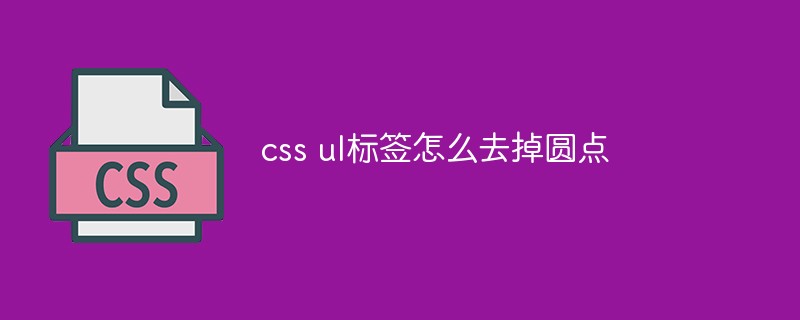 css ul标签怎么去掉圆点Apr 25, 2022 pm 05:55 PM
css ul标签怎么去掉圆点Apr 25, 2022 pm 05:55 PM在css中,可用list-style-type属性来去掉ul的圆点标记,语法为“ul{list-style-type:none}”;list-style-type属性可设置列表项标记的类型,当值为“none”可不定义标记,也可去除已有标记。
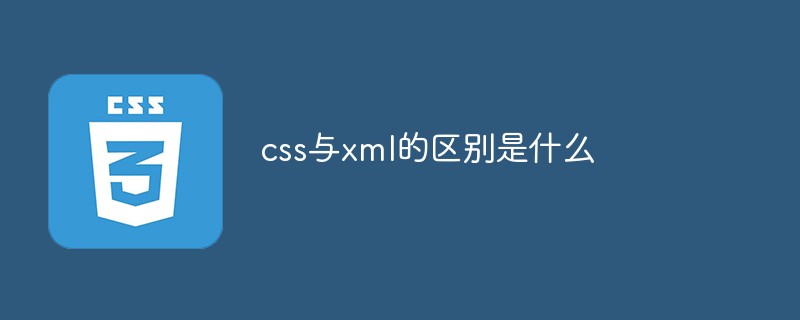 css与xml的区别是什么Apr 24, 2022 am 11:21 AM
css与xml的区别是什么Apr 24, 2022 am 11:21 AM区别是:css是层叠样式表单,是将样式信息与网页内容分离的一种标记语言,主要用来设计网页的样式,还可以对网页各元素进行格式化;xml是可扩展标记语言,是一种数据存储语言,用于使用简单的标记描述数据,将文档分成许多部件并对这些部件加以标识。
 css3怎么实现鼠标隐藏效果Apr 27, 2022 pm 05:20 PM
css3怎么实现鼠标隐藏效果Apr 27, 2022 pm 05:20 PM在css中,可以利用cursor属性实现鼠标隐藏效果,该属性用于定义鼠标指针放在一个元素边界范围内时所用的光标形状,当属性值设置为none时,就可以实现鼠标隐藏效果,语法为“元素{cursor:none}”。
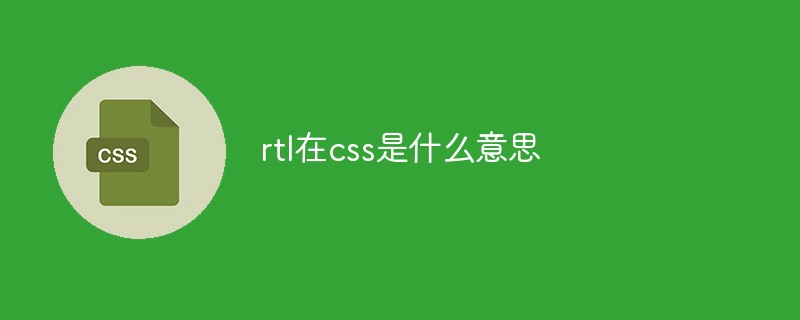 rtl在css是什么意思Apr 24, 2022 am 11:07 AM
rtl在css是什么意思Apr 24, 2022 am 11:07 AM在css中,rtl是“right-to-left”的缩写,是从右往左的意思,指的是内联内容从右往左依次排布,是direction属性的一个属性值;该属性规定了文本的方向和书写方向,语法为“元素{direction:rtl}”。
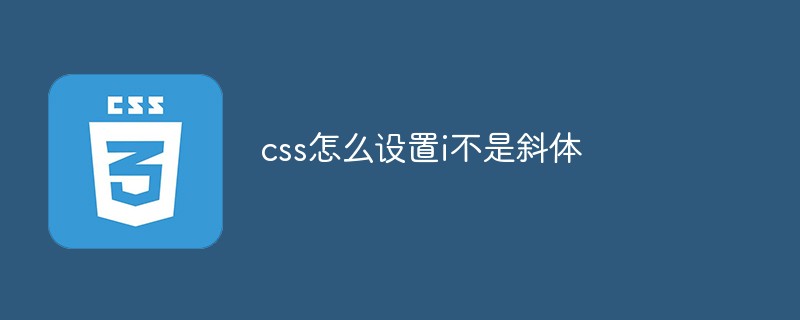 css怎么设置i不是斜体Apr 20, 2022 am 10:36 AM
css怎么设置i不是斜体Apr 20, 2022 am 10:36 AM在css中,可以利用“font-style”属性设置i元素不是斜体样式,该属性用于指定文本的字体样式,当属性值设置为“normal”时,会显示元素的标准字体样式,语法为“i元素{font-style:normal}”。
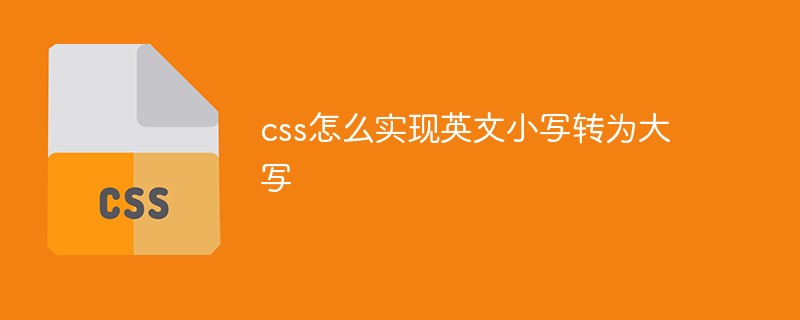 css怎么实现英文小写转为大写Apr 25, 2022 pm 06:35 PM
css怎么实现英文小写转为大写Apr 25, 2022 pm 06:35 PM转换方法:1、给英文元素添加“text-transform: uppercase;”样式,可将所有的英文字母都变成大写;2、给英文元素添加“text-transform:capitalize;”样式,可将英文文本中每个单词的首字母变为大写。
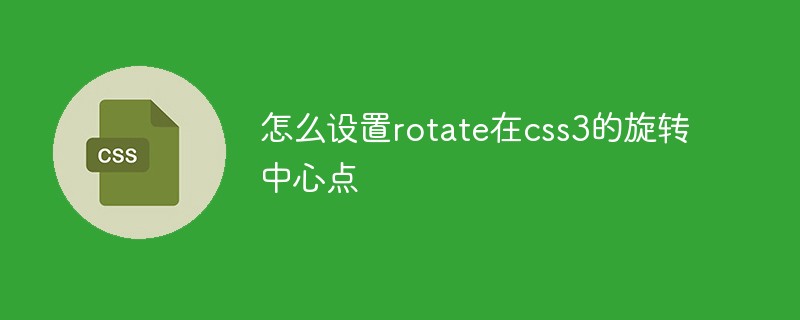 怎么设置rotate在css3的旋转中心点Apr 24, 2022 am 10:50 AM
怎么设置rotate在css3的旋转中心点Apr 24, 2022 am 10:50 AM在css3中,可以用“transform-origin”属性设置rotate的旋转中心点,该属性可更改转换元素的位置,第一个参数设置x轴的旋转位置,第二个参数设置y轴旋转位置,语法为“transform-origin:x轴位置 y轴位置”。


Hot AI Tools

Undresser.AI Undress
AI-powered app for creating realistic nude photos

AI Clothes Remover
Online AI tool for removing clothes from photos.

Undress AI Tool
Undress images for free

Clothoff.io
AI clothes remover

AI Hentai Generator
Generate AI Hentai for free.

Hot Article

Hot Tools

Atom editor mac version download
The most popular open source editor

VSCode Windows 64-bit Download
A free and powerful IDE editor launched by Microsoft

MinGW - Minimalist GNU for Windows
This project is in the process of being migrated to osdn.net/projects/mingw, you can continue to follow us there. MinGW: A native Windows port of the GNU Compiler Collection (GCC), freely distributable import libraries and header files for building native Windows applications; includes extensions to the MSVC runtime to support C99 functionality. All MinGW software can run on 64-bit Windows platforms.

SublimeText3 Linux new version
SublimeText3 Linux latest version

mPDF
mPDF is a PHP library that can generate PDF files from UTF-8 encoded HTML. The original author, Ian Back, wrote mPDF to output PDF files "on the fly" from his website and handle different languages. It is slower than original scripts like HTML2FPDF and produces larger files when using Unicode fonts, but supports CSS styles etc. and has a lot of enhancements. Supports almost all languages, including RTL (Arabic and Hebrew) and CJK (Chinese, Japanese and Korean). Supports nested block-level elements (such as P, DIV),





